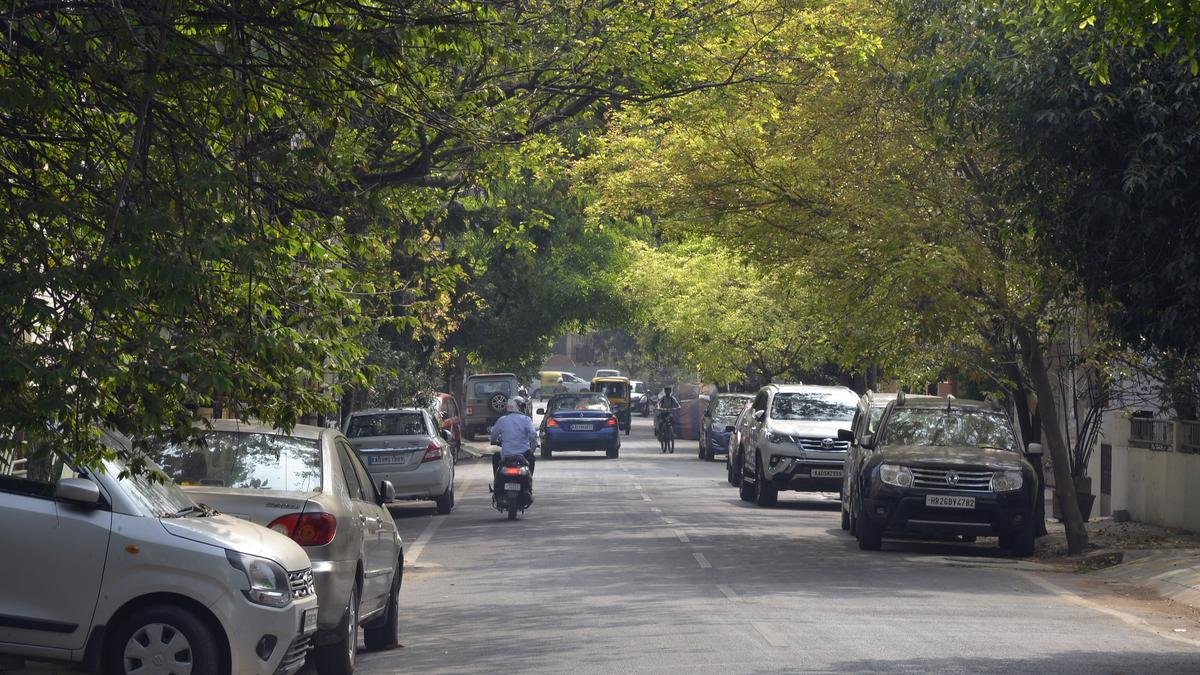Bengaluru’s Bruhat Bengaluru Mahanagara Palike (BBMP) is on the brink of a significant fiscal adjustment as its annual parking revenue faces a potential dip of ₹40 crore.
This change is linked to the proposed revision of the Unit Area Value (UAV) system, which could reduce revenue from ₹211 crore to ₹171 crore. The new framework, aimed at rationalising property tax calculations, has sparked a debate across the city, with stakeholders invited to file objections before April 8. The revised policy seeks to standardise the taxation process for vehicle parking spaces, affecting both residential and commercial properties. Under the new draft, residential property owners would pay ₹600 annually for a 150 sq. ft. parking slot, calculated at 20% of the assessed value, based on ₹2 per sq. ft. over 10 months. This shift reflects an attempt to create a uniform tax structure, reducing the financial strain on property owners while aligning with Bengaluru’s broader urban sustainability goals.
Officials involved in the revision process highlighted that the policy’s objective is to simplify property tax calculations and promote equity among different categories of property owners. The removal of zonal classifications, which previously created disparate tax rates across regions, is a key feature of the reform. This change aims to foster uniformity and reduce administrative complexities, reflecting modern urban planning principles focused on fairness and efficiency. However, the fiscal implications of this reform are not insignificant. The anticipated revenue shortfall of ₹40 crore is projected to arise primarily from residential properties, accounting for ₹38 crore, with commercial properties contributing a ₹2 crore reduction. This revenue dip could pose challenges for the BBMP, which relies heavily on such funds to maintain urban infrastructure, support civic amenities, and fund sustainability initiatives.
The revised policy comes at a time when Bengaluru is grappling with rapid urbanisation, increasing traffic congestion, and the pressing need for eco-friendly urban solutions. While the revenue reduction may raise concerns, city planning experts argue that the reforms could indirectly benefit Bengaluru’s long-term urban development. By lowering the cost of parking taxes, the city may encourage more sustainable commuting options, reduce the dependency on private vehicles, and promote public transport usage—all aligned with the goals of creating a zero net carbon, eco-friendly urban environment. Moreover, the policy’s emphasis on simplification and equity could improve compliance rates, potentially offsetting the revenue loss through enhanced efficiency in tax collection. The introduction of uniform tax rates could also encourage more responsible urban behaviour, as residents and businesses become more aware of their role in city planning and sustainability efforts. The final decision on implementing the revised parking policy will rest with the BBMP after considering public objections. This participatory approach reflects an evolving governance model, where civic engagement plays a crucial role in shaping policies that impact daily urban life.
As Bengaluru continues to expand and evolve, the BBMP’s parking policy revision serves as a pivotal step towards rethinking urban revenue models in the context of sustainable growth. The city’s residents, businesses, and urban planners will undoubtedly be watching closely to see how these changes unfold, particularly in terms of their long-term impact on Bengaluru’s financial health and environmental footprint.


